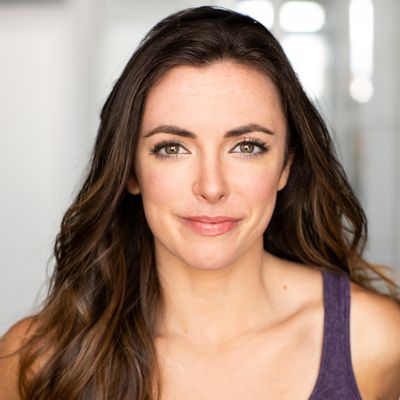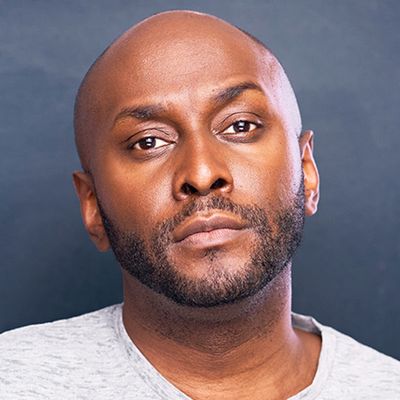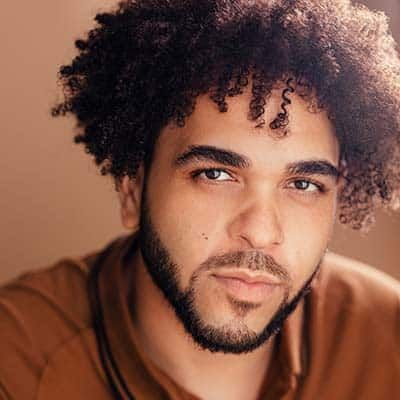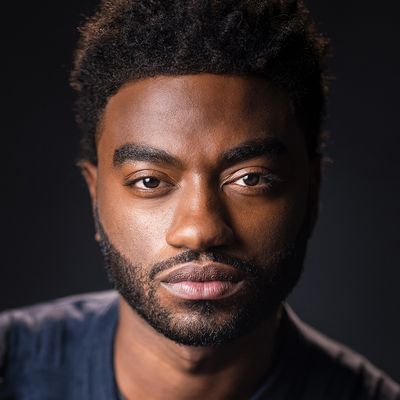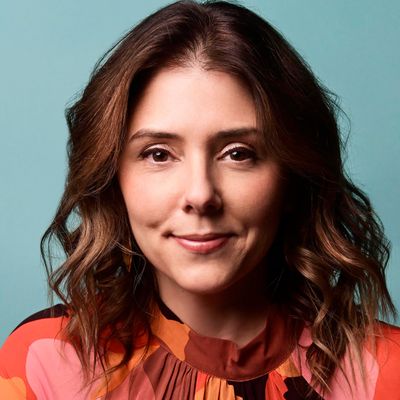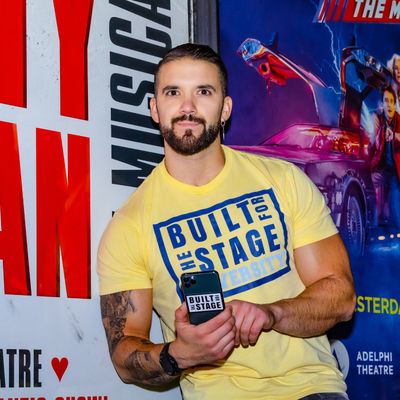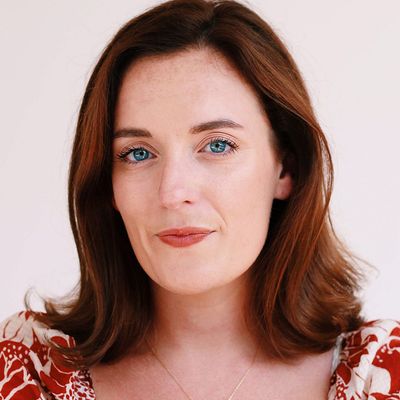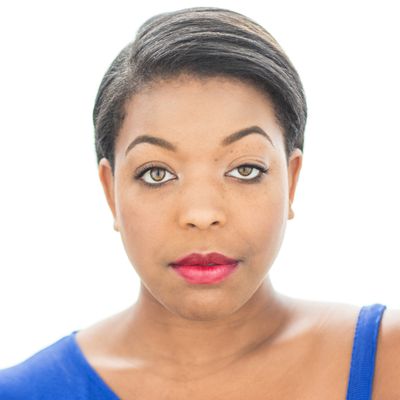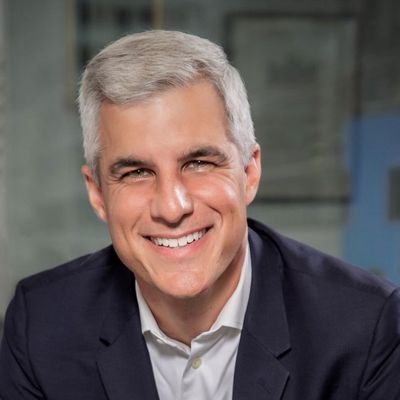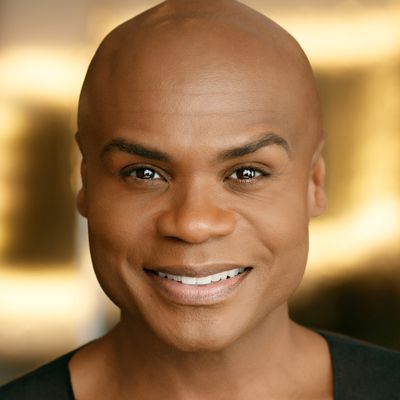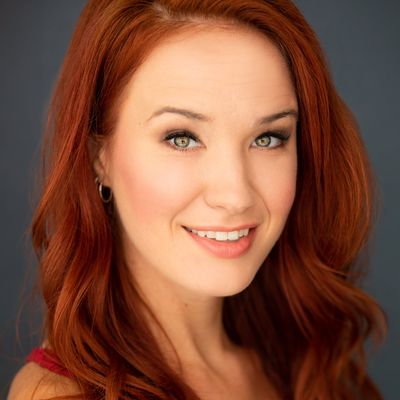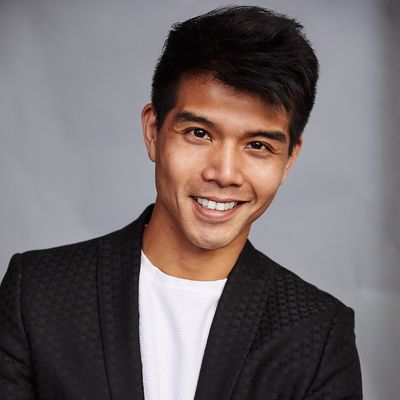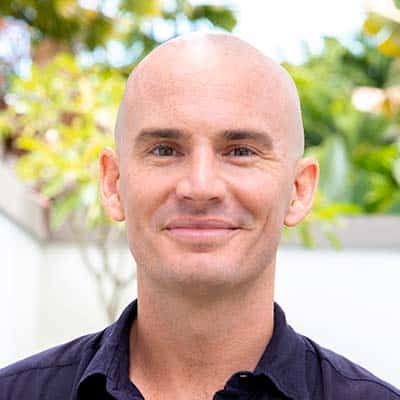Welcome to our season finale of Conversations with Changemakers.
Listen now to discover the biggest takeaways and through lines from conversations with 23 Changemakers:
- Be Authentic
- Identity ≠ Job
- Artist = Business
- Be Fearless
- Define Success
As we head into a new year and a new world, I’ll be shifting to videos. We may create special podcast episodes here and there, but I’d invite you to join the Changemaker Community.
Click here to access bonus resources from this episode.
Connect with Tony Howell:
Episode Credits:
- Art by Tony Howell + Gertrude Pillena
- Editing by Connor Lynch
- Hosting by Broadway Podcast Network
If you enjoyed this episode, please visit RateThisPodcast.com/tonyhowell. Be sure to check out our past conversations and subscribe for next month’s special guest!


